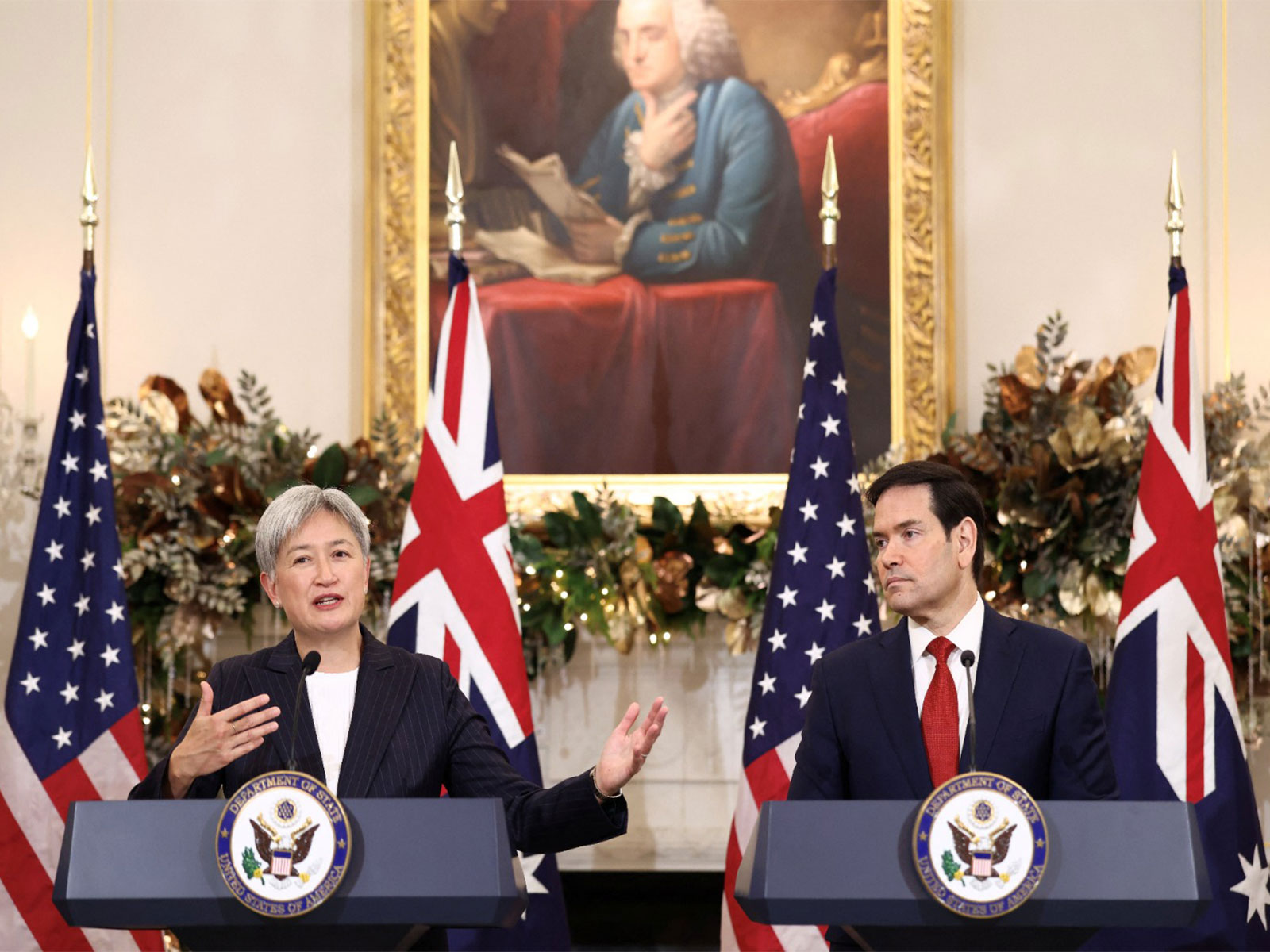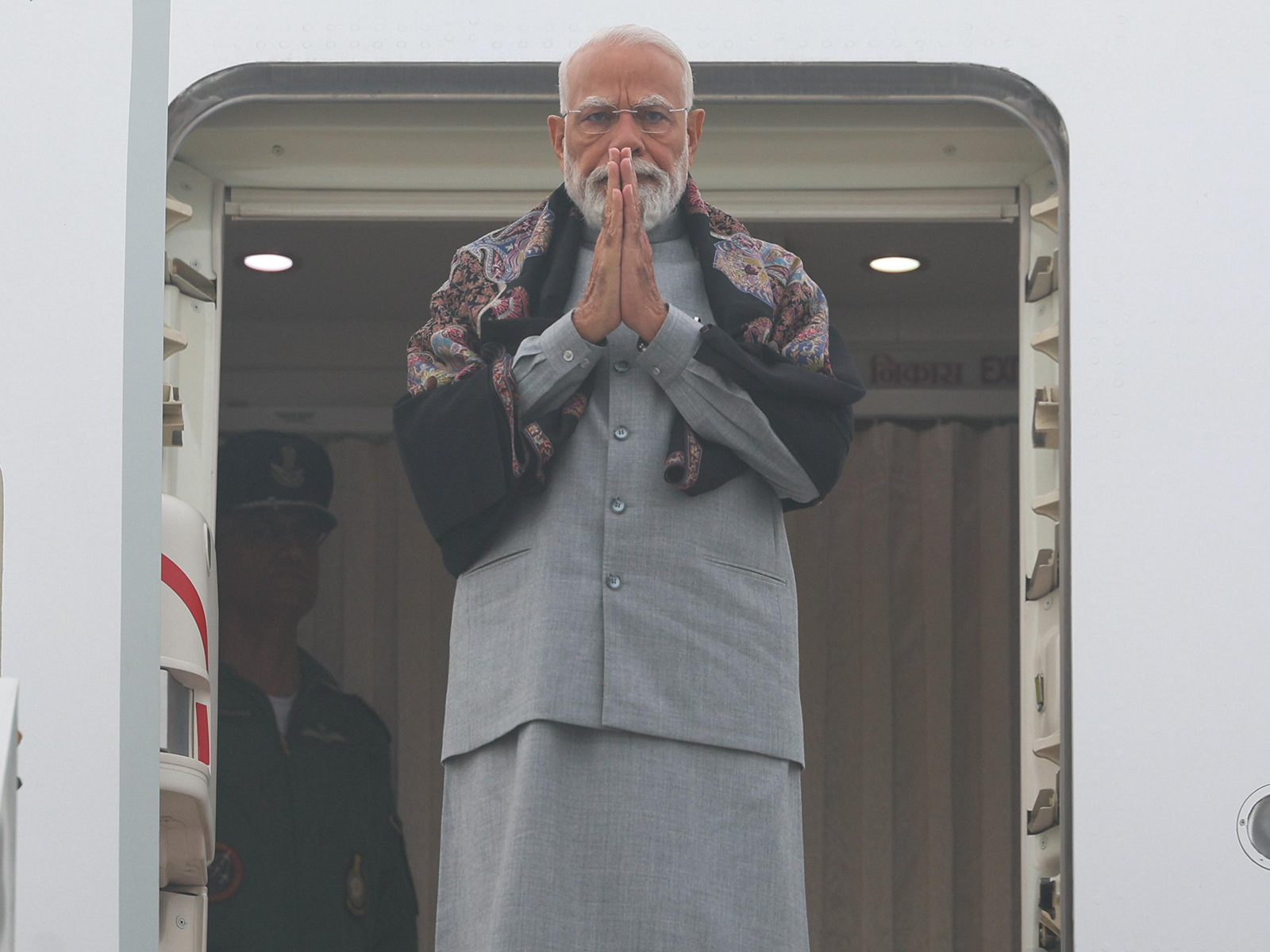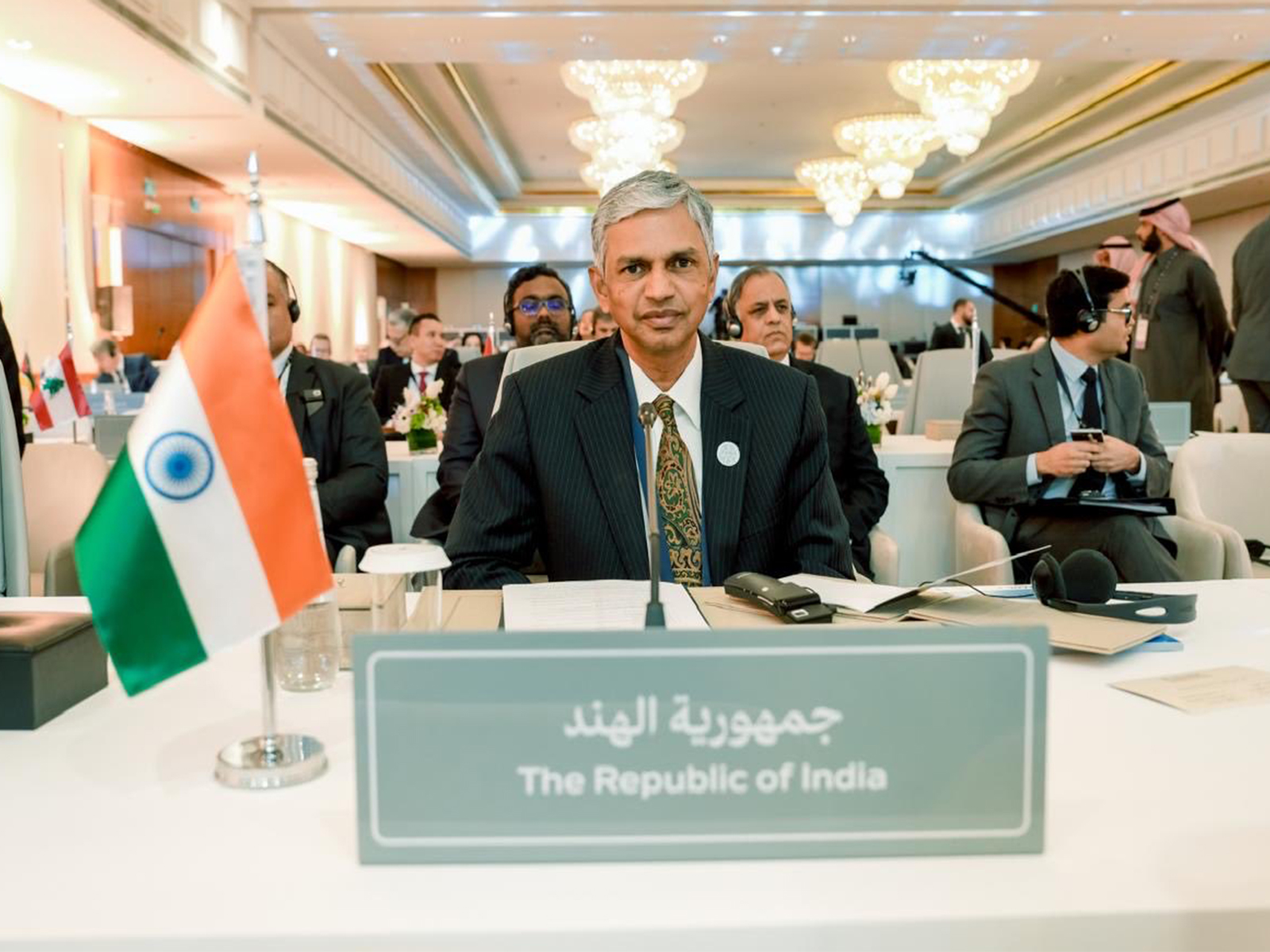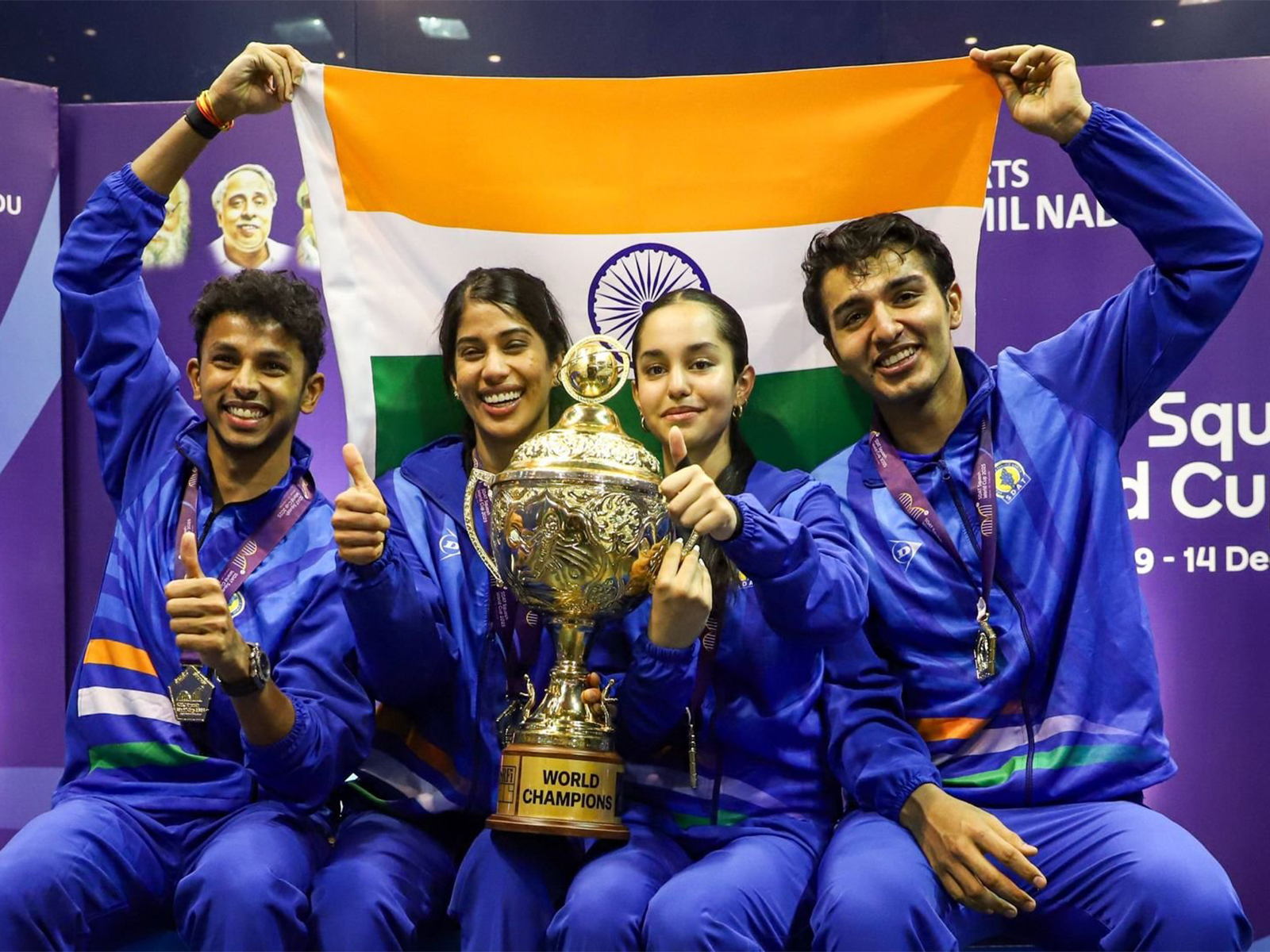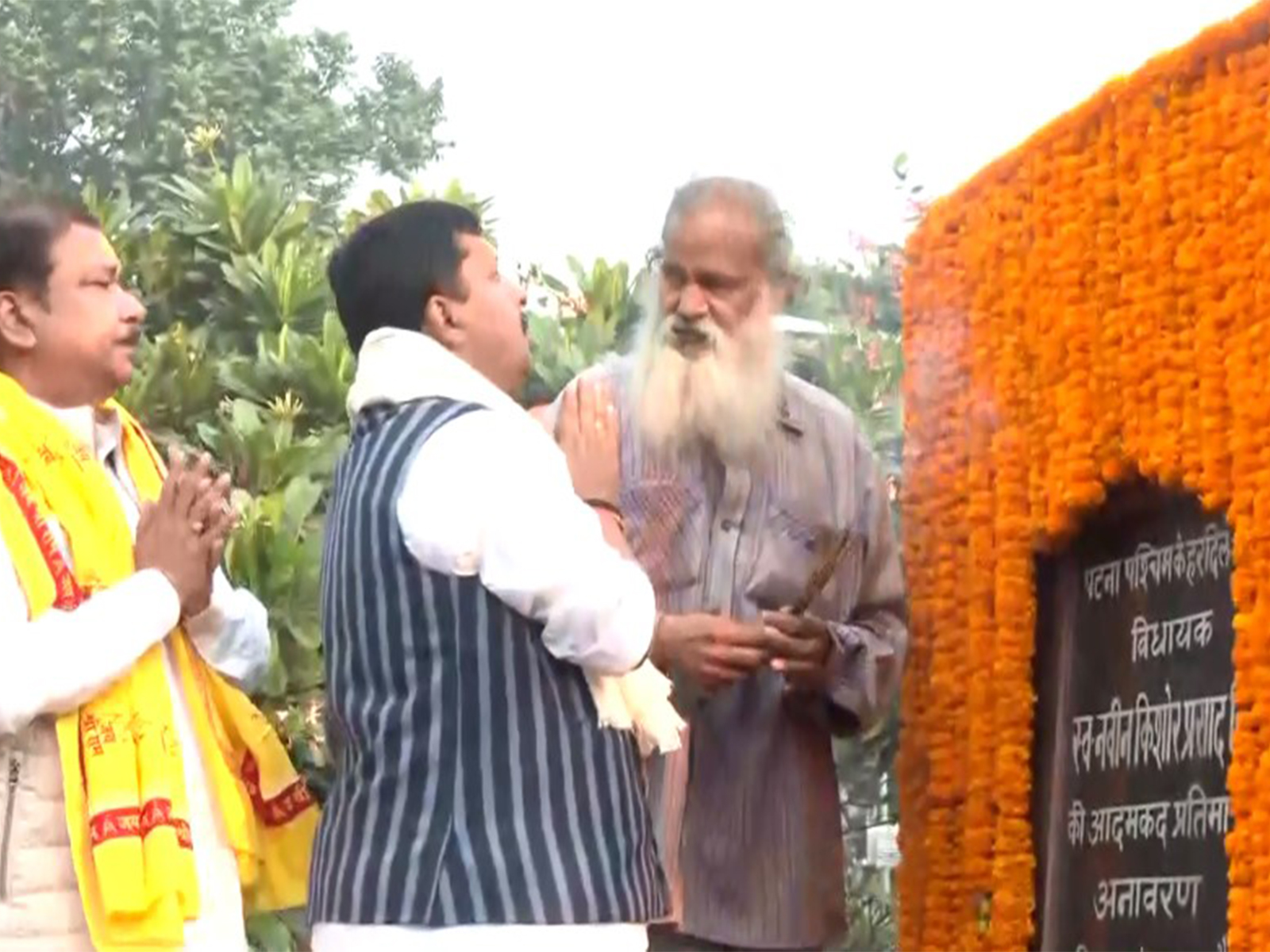India, Sri Lanka amp up collaboration in science and technology for three more years
Jan 20, 2022

New Delhi [India], January 20 : At the India-Sri Lanka 5th Joint Committee on Science and Technology Cooperation held on January 20, 2022, both countries extended their cooperation in S&T for 3 more years.
Focus has been laid on new areas such as waste-water technologies, biotech, sustainable agriculture, aerospace engineering, robotics, big data analytics, and artificial intelligence, as well as industrial collaborations.
"India and Sri Lanka have a great legacy of intellectual, cultural, and religious interaction and relationship of more than 2,500 years old. Trade and investment and cooperation in education and other sectors have gone up in recent times, and in this line, cooperation in S&T becomes very critical," said S. K. Varshney, Advisor, and Head, International Cooperation, Department of Science and Technology (DST), who led the delegation from the country and was the Indian co-chair, the press release read.
"This platform will provide an opportunity for discussing various other facets which are possible for collaboration in the domain of S&T. There are a lot of opportunities available for bilateral cooperation. India offers fellowships like India S&T fellowship, e-ITEC and both the countries can work through a number of multilateral platforms like BIMSTEC, which they are part of," he added.
Deepa Liyange, Secretary, State Ministry of Skills Development, Vocational Education, Research & Innovations, Sri Lanka, the co-chair from Sri Lanka, reiterated the well-established bilateral relationship between both the countries and welcomed India's cooperation in S&T sectors and research areas for boosting scientific knowledge in the country.
Vinod K. Jacob, Deputy High Commissioner from India in Sri Lanka, highlighted that as part of India's "Neighborhood First" policy which guides the country's cooperation with Sri Lanka, this meeting would help build on existing collaborative work and help these reach greater heights. He further mentioned that under the e-ITEC programme, since April 2020, 550 Sri-Lankan nationals have benefitted from training in various Indian institutions in areas like biotech, medical research, renewable energy, and so on.
"S&T is a key enabler of socio-economic and sustainable development. The tools in science will enable the world in achieving the 2030 agenda of sustainable development, and it is high time we create a conducive environment for S&T and innovation. Strong bilateral cooperation is extremely important for a country's progress, and Sri Lanka looks forward to a fruitful joint cooperation programme," Niluka Kadurugamuwa, Deputy High Commissioner from Sri Lanka in India, pointed out.
The delegates exchanged information on the ongoing S&T activities in the two countries. The Indian side presented the overall STI Policy and priority areas by showcasing the core mandates of DST, multi-stakeholder base of DST, India's recent progress in S&T, as well as focus on securing India's future in technology through missions like NM-ICPS, NM-QTA, Methanol mission, new initiatives like VAJRA, TARE, Vigyan Jyoti, Accelerate Vigyan.
India's international S&T engagements were also elaborated upon. The Sri-Lankan side also highlighted the scope and status of S&T in their country and its application in various areas of national importance.
Organisations like the National Science Foundation, Sri Lanka, Council of Scientific and Industrial Research, India and Industrial Technology Institute, Sri Lanka detailed on activities performed by the respective Scientific Agencies and areas of potential collaboration between both the countries.
The delegates reviewed the ongoing collaborative activities in the 9 areas spanning food technology; plant base medicines; meteorology; space research & applications, robotics & automation; industrial electronics, renewable energy; waste management; information and communication technology and discussed the future activities.
The board mutually agreed to extend the Programme of Cooperation (POC) for another 3 years between both countries and identified new areas such as waste-water technologies, industry and biotech, sustainable agriculture, aerospace engineering, robotics, big data analytics, and artificial intelligence to be included in the POC, said the press release.
The need to invite new joint proposals in S&T areas was underlined, and the group recommended conducting more webinars in the wake of the current pandemic situation for enhancing collaborative research and making collaborations stronger.
